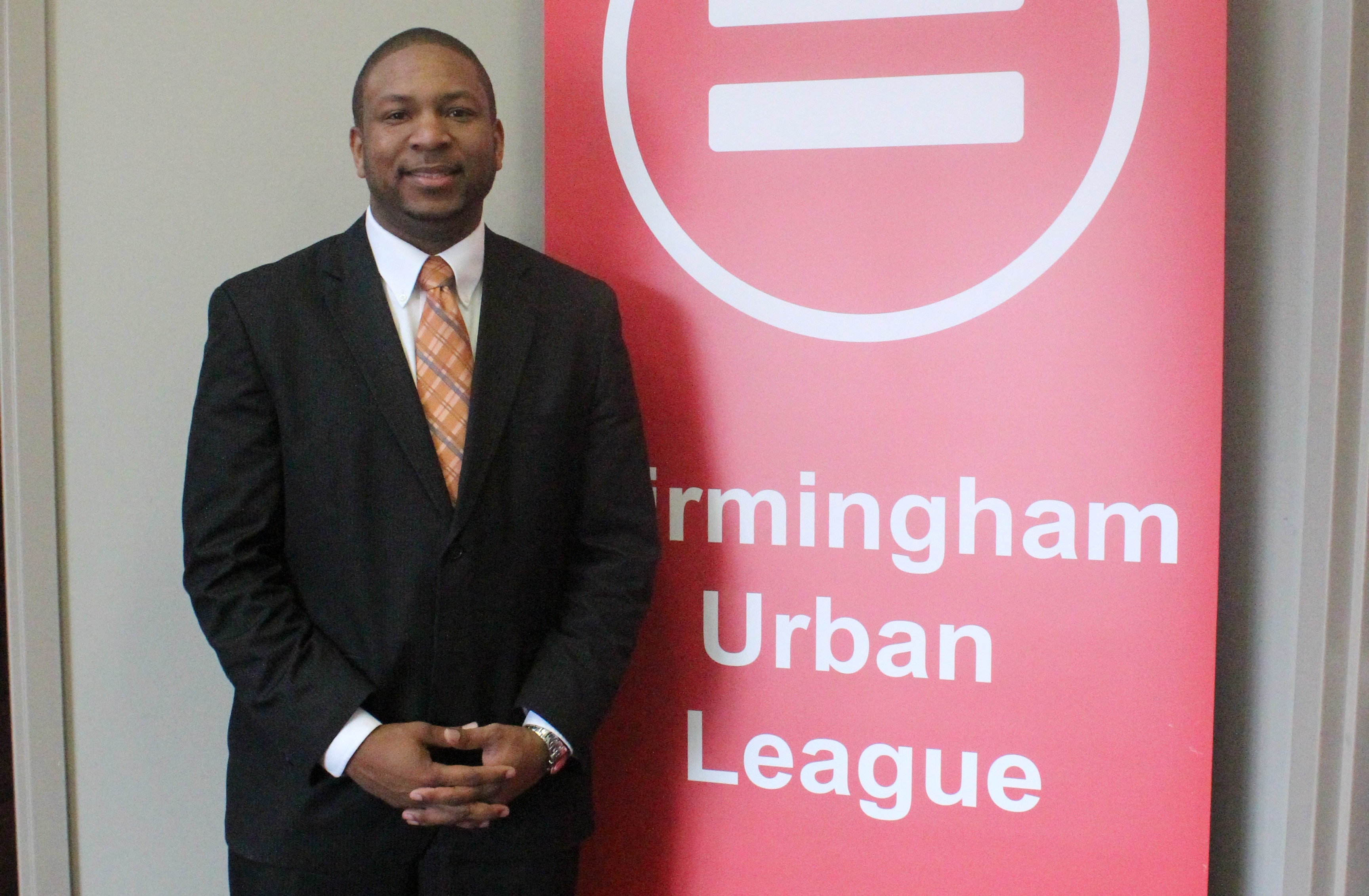By Ariel Worthy
The Birmingham Times
More than half of all businesses in Birmingham are owned by African-Americans, but they make up only one percent of the city’s corporate revenue, said William Barnes, president and CEO of the Birmingham Urban League (BUL).
Barnes made his comments following a watch party last week for the “National Urban League Presents: State of Black America Town Hall,” which aired on TVOne. The watch party was held on May 31 at Michael’s Steaks and Seafood in Homewood.
The BUL plans to offer resources to address the challenges faced by black-owned businesses.
“We will be introducing an Entrepreneurship Center,” Barnes said. “It will be dedicated to ensuring that we find ways to educate entrepreneurs who are interested in growing their capacity and help them to do that.”
There are currently 13 such centers across the nation, and Birmingham is working to be the 14th.
“We anticipate that it will be open by the fourth quarter of this year,” Barnes said.
Addressing Disparities
African-American corporate revenue isn’t expanding because many blacks “don’t have access to the necessary capital to grow our businesses,” Barnes said.
“That’s why [President Barack Obama’s administration] put in place the Community Reinvestment Act regulations and monitored banks to make access [available] to underutilized minority-owned businesses,” he said. “We have a lot of one-man shops [in Birmingham], and I believe [they haven’t expanded] because they don’t have the capacity through gaining capital and education.”
As it has for more than a decade, the National Urban League (NUL) has used its Equality Index to track how close black America has gotten to white America in five major areas: education, health, social justice, civic engagement, and economics. There wasn’t much change between 2015 and 2016 in the five areas the organization measures, so the overall 2017 Equality Index of Black America was 72.3 percent, compared with 72.2 percent the year before. An index of 100 percent would mean full equality in the particular measure between blacks and whites.
Education
The biggest increase came in the area of education, which rose from 77.4 percent in 2015 to 78.2 percent in 2016. In its 2017 State of Black America report, titled “Protect Our Progress,” the NUL attributed the rise to three areas: a large decline in the share of African-American students who have teachers with less than three years of experience; a higher percentage of African-Americans between the ages of 18 and 24 earning associate’s degrees; and increased home-literacy activities for African-Americans.
“The education index also received a positive boost from a notable decline in high school dropout rates among all students, including African-Americans,” the report noted.
Barnes said, “We’re pleased to report that education is on the rise, and the numbers have increased since the 2016 report. It talks about how many more people are graduating from postsecondary institutions and how many people are graduating from high school in the African-American community.”
Health
In health care, the Equality Index between black and white Americans went from 79.4 to 80 percent between 2015 and 2016, partly due to greater access as a result of the Affordable Care Act (ACA), commonly called Obamacare, and a decrease in the number of overweight children.
“This number shot up when the ACA was introduced,” Barnes said. “Studies have proven that the ACA has brought health care to more African-Americans [today] than [during] any other time we know of in recent and modern history.”
Social Justice
The only Equality Index decrease came in the area of social justice, for which the numbers dropped from 60.9 to 57.4 percent. While part of the decline was due to a change in how the Bureau of Justice Statistics reports data on traffic stops, the NUL report said there was also an increase in the incarceration of African-Americans following an arrest.
Barnes said, “Social justice is when you compare our arrest records with those of whites and see how much longer our terms are than those of whites. We’re missing 43 percent of the pie. Economy and social justice are the two areas where we lag.”
Civic Engagement
In the category of civic engagement, African-Americans actually surpass whites, according to the NUL report; between 2015 and 2016, the number remained at 100.6 percent.
Barnes said, “It means we are constantly talking about issues. The resurgence of police brutality has aroused our senses to keep us engaged. We’re making sure our voices are heard and that we’re giving back.”
Economics
In economics, black Americans went from an Equality Index rate of 56.2 percent in 2015 to 56.5 percent in 2016—largely due to an improvement in the black unemployment rate, an increase in black women’s wages, an increase in black-owned businesses; and a decline in high-priced loans for black consumers.
The data in the NUL report is taken annually to lawmakers in Washington, D.C., where NUL chapters gather to lobby in terms of public policy. Last month, Barnes was in the nation’s capital to lobby against cuts to the domestic budget.
“We’re up on [Capitol] Hill meeting with every congressional member, whether republican or democrat, stating our cases, walking the halls, and making sure people understand that these cuts will be detrimental to the African-American community,” he said.
With President Donald Trump’s administration in place and possible passage of the president’s proposed budget, Barnes said the NUL has its work cut out.
“If it’s passed by Congress, the proposed [Trump] budget will cause a decline in the numbers across the board. We’re talking cuts to education, $54 billion being cut from the domestic side of things. [These cuts] will affect the [black] community more than any other community in this nation. If that budget passes and we go into next year, we are in for a fight.”
Npr.org contributed to this report.




